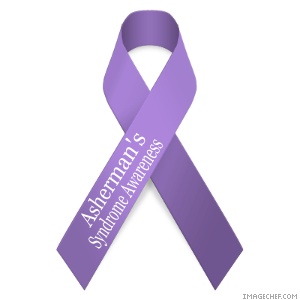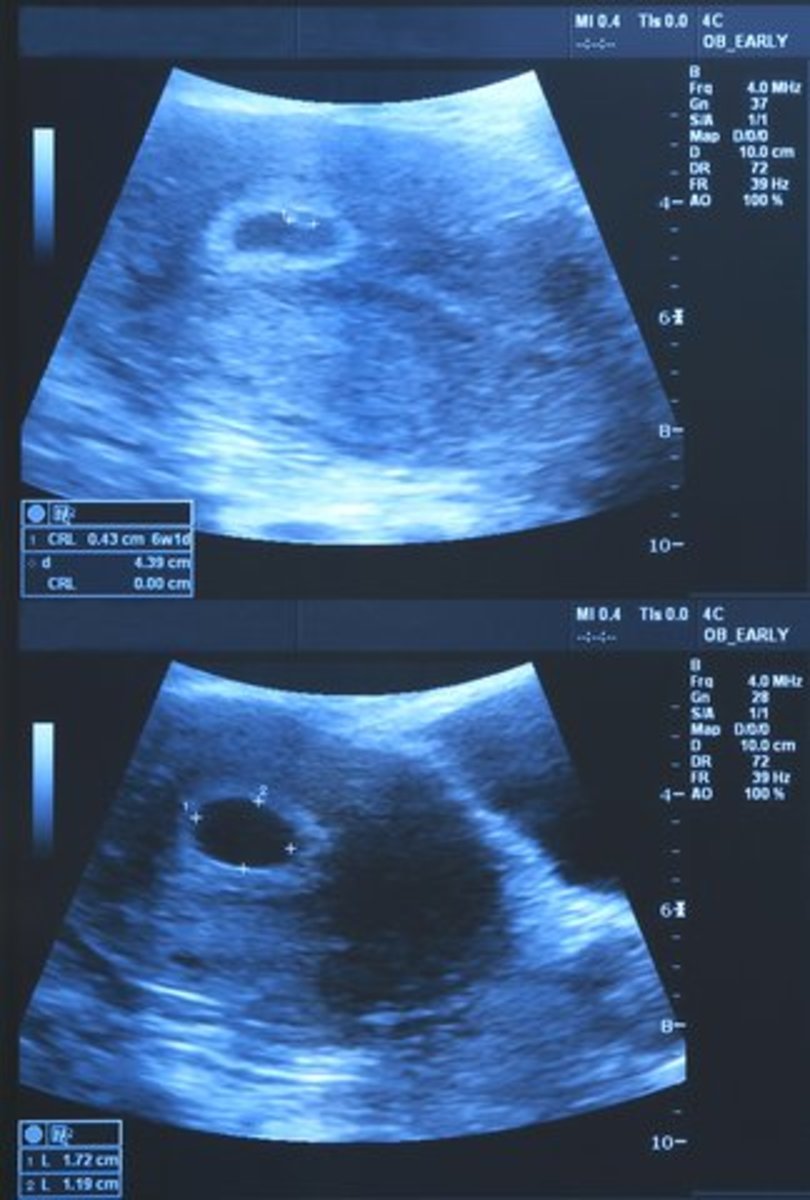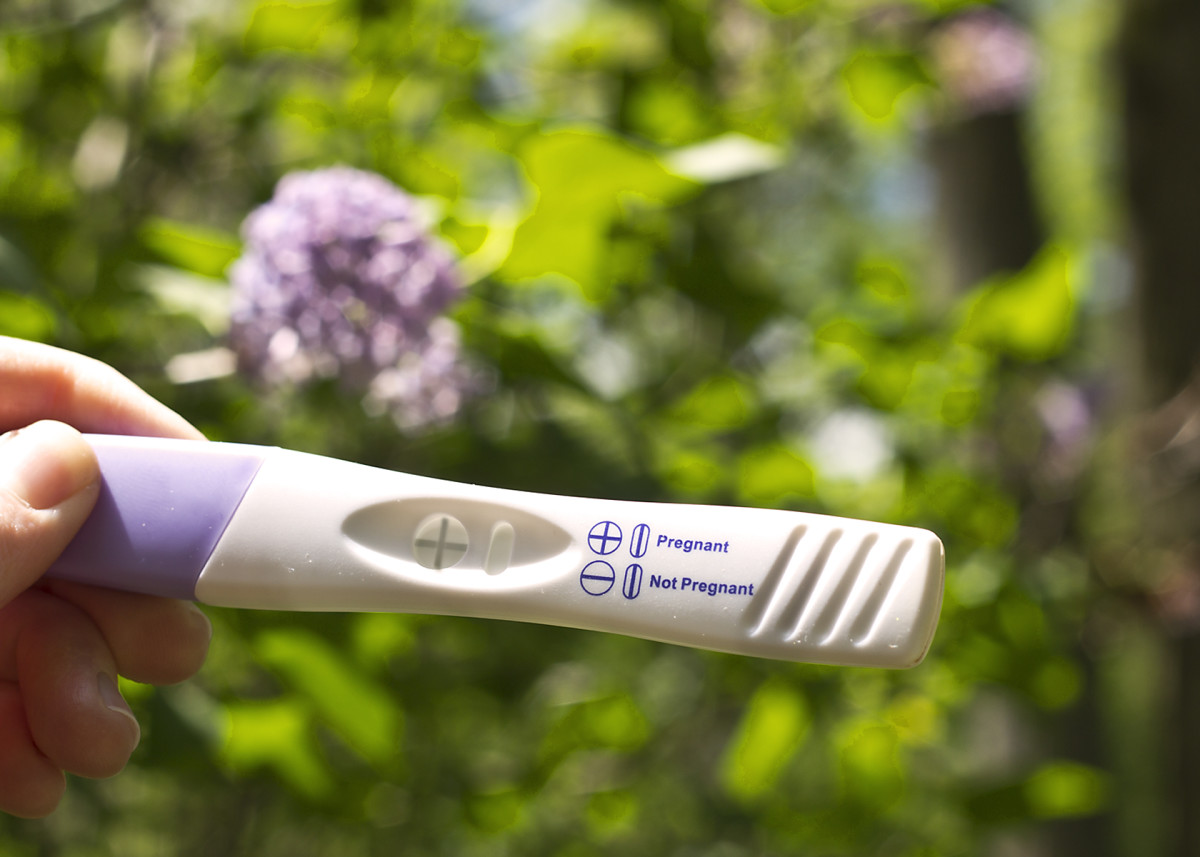- HubPages»
- Health»
- Women's Health»
- Pregnancy
Natural Miscarriage or D&C? Let's Look at Side Effects and Future Pregnancies.

D&Cs vs. Natural Miscarriages? A Topic Close to my Heart!
I have talked to so many women now who have worried about whether to have a natural miscarriage or surgery to end the pregnancy. This is a topic which I had to really ponder when I had my own miscarriage scare.
I'd like to present some research to help in making your decision. Sometimes women feel pushed by their physicians in one direction or another but, if there are no complications, this really is your decision.
This Page is for Women who Would Prefer a Natural Miscarriage
Admittedly, I lean toward a natural miscarriage whenever possible, when there are no complications. This page is for women whose physicians are pushing them toward a D&C. D&Cs have their place but, if you want to wait out a miscarriage diagnosis or just would like to try to have a natural miscarriage. This page is for you.
The choice in how to miscarry is a personal one. It is one you need to discuss with your physician but, before you do, make sure you have read up on your choices so that you do not feel pressured one way or the other.
My Own Dilemma - the brief version
You can read more about my blighted ovum scare but, briefly, at six weeks, only the gestational sac could be viewed. As this was my second ultrasound and we were sure of dates, my doctor mentioned the D&C but I just knew I couldn't do it. I wanted to miscarry naturally...
...and, I didn't want to give up hope yet.
At both the seven and eight week ultrasounds, same thing, empty sac and the pressure to have a D&C was strong. I refused but my doctor really kept worrying me saying things about this affecting future fertility and, really, he made infection sound like a foregone conclusion.
Still, I refused. I was fortunate to find my baby at nearly nine weeks and I know for many women, the outcome will be different but I still believe that the choice between a natural miscarriage and D&C is a personal one and, unless there are serious complications, you should have that choice.
Have you ever had to choose between a D&C and natural miscarriage?
There's a Study for That!
Actually there are a number of studies but let's take a look at a more recent study.
Expectant versus surgical management of first-trimester miscarriage: a randomised controlled study
These researchers followed more than 230 women after they were diagnosed with a miscarriage. Roughly half wanted a natural miscarriage and the other half, a D&C.
So what did the researchers learn?
- Women bleed more after a natural miscarriage (11 days vs. 7 days, on average)
- The duration of pain was longer with a natural miscarriage (8.1 vs. 5.5 days)
- Infection was significantly higher in the D&C group (3.5% vs. 1.9%)
- Complications rates were just a shade lower in the natural miscarriage group (5.9% vs 6.1%)
What did the researchers conclude?
Natural miscarriage is a safe and effective choice for women who are clinically stable. The added benefit is that it avoids, in many cases, the risks of surgery and anesthesia. Expectant management also has a lower risk of infection. On the flip side, however, there is less pain and bleeding for many after a D&C and, has a better success rate.
"Asherman's Syndrome is thought to be under-diagnosed because it is usually undetectable by routine diagnostic procedures such as an ultrasound scan."
— International Asherman's Association
The Risk of Asherman Syndrome is also a Consideration
Over the years, I've talked with more and more women struggling with infertility as a result of Asherman Syndrome.
What is Asherman Syndrome?
In a nutshell, Asherman Syndrome is the presence of adhesions or scarring within the uterus. The walls of the uterus may even stick together.The adhesions may range from mild to severe and are caused by trauma to the endometrial lining.
According to International Asherman's Association, more than 30% of women having a D&C for miscarriage may end up with Asherman Syndrome and that risk increases with each subsequent D&C. Although there are other causes of Asherman Syndrome, pregnancy-related D&Cs were responsible for roughly 90% of these cases.
Because Asherman's Syndrome may contribute to infertility and trouble conceiving, D&Cs seem to pose a bigger risk over natural miscarriages.
Please, note, D&Cs have their place and, indeed, after the tenth week in pregnancy, they are often needed for miscarriages. For more information, please take a look at my post on the topic:
Conceiving After a Miscarriage
One question many women want to know is how soon can they try conceiving again. I have yet to see a study comparing natural miscarriage vs. surgical waiting times. Anecdotally, I can say that on our website, women do seem to conceive more quickly after a natural miscarriage. In fact, I've had women tell me they had trouble conceiving the first time and then after their miscarriages, they were pregnant right away.
As for how long to wait, studies are starting to show that getting pregnant again soon after a miscarriage may actually decrease your chance of miscarrying again.
According to WebMD's Study: No Need to Delay Pregnancy After Miscarriage, women who conceived within six months after miscarrying tended to have better outcomes than those who waited. As pointed out, though, if there were complications relating to the miscarriage (e.g. infection), waiting might be best.
Are you feeling pressured to have a D&C?
If Your Doctor is Pushing for a D&C
If your physician is pushing for a D&C, you have to ask yourself, does he have a valid reason?
Are you having complications? Is there a reason a natural miscarriage would be risky for you? Keeping in mind, the study above that shows the risk of infection is actually greater with a D&C than natural miscarriage.
If you are more than ten weeks, however, you may need a D&C and a miscarriage can be riskier at that stage but, if you are not ten weeks yet and have no complications, talk to your doctor. If needed, get a second opinion.








